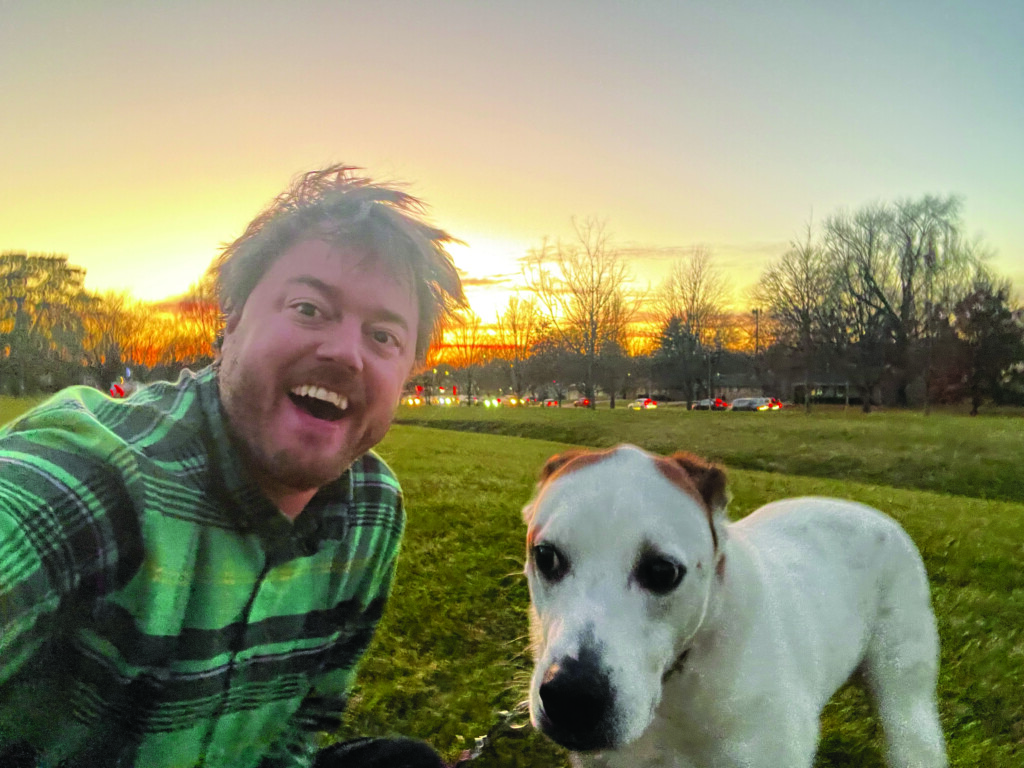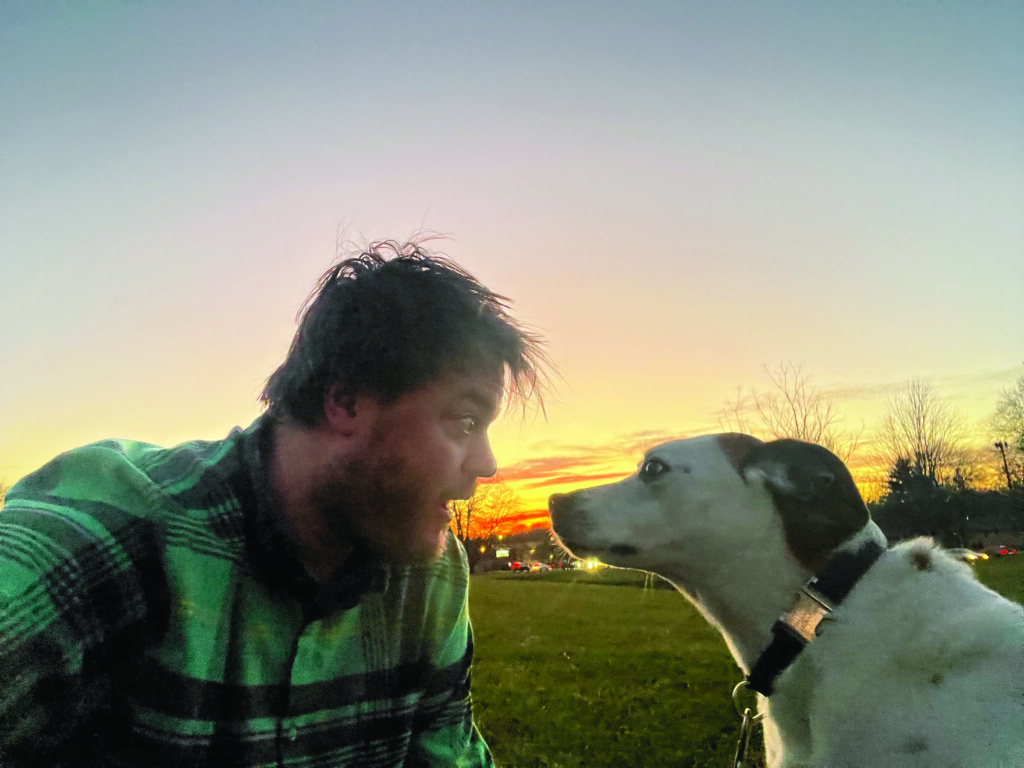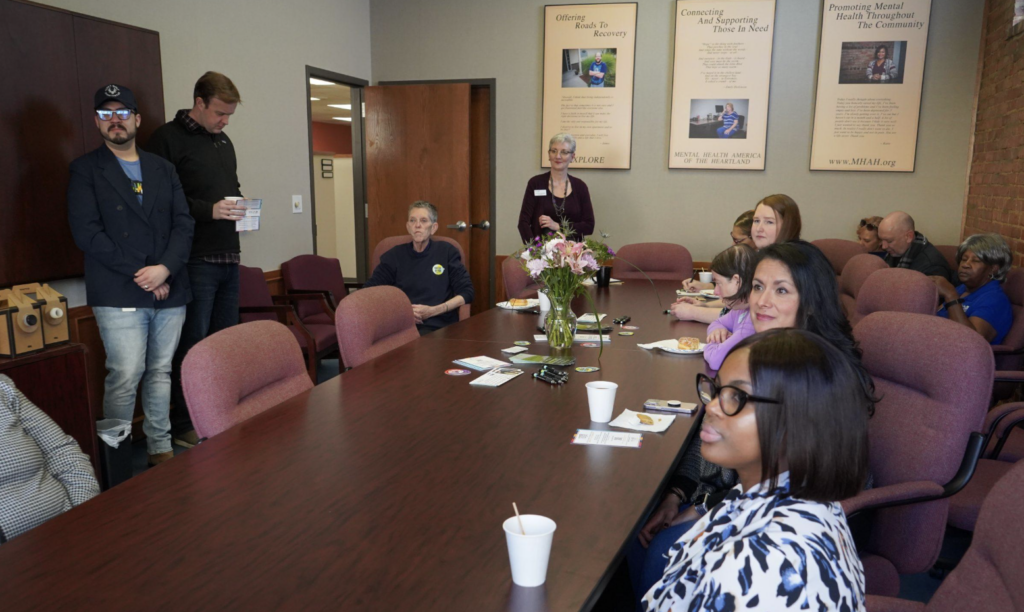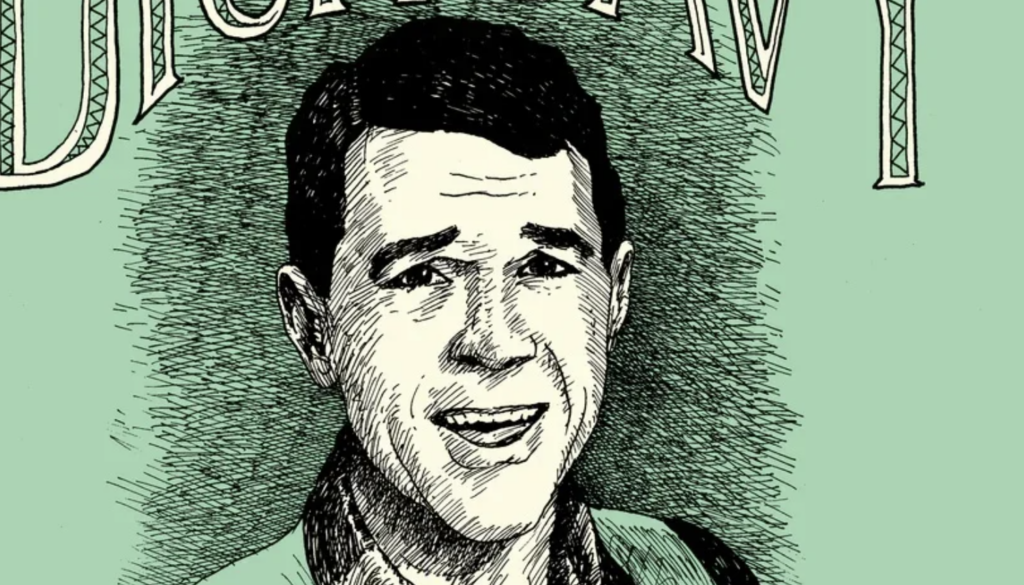Letter from the Editor: Moving the goal posts
Dearest Reader,
Congrats on making it to 2024. The odds were stacked heavily against us all—people, print media, folks breathing air with other people that breathe air… just the whole lot of us. By way of reward, we get to do it all again, albeit under even more challenging conditions!
So, when that “new year” feeling doesn’t radiate “victory lap” energy, we do what comes naturally: make our plans for how to do this differently next time around. As you read this, you’re probably a few days into your New Year’s resolutions for 2024. Or, perhaps, if you’re following the traditional Brock Resolution Model: You have a list of things about your life you’re positive you’re about to change, but implementation will probably start (properly, this time) on MLK Day.
For those already committed to a new plan, godspeed. I wish you the best and hope that any and all course corrections bring you closer to the path you wish to tread. For those of you still up in the air about how you want to frame your 2024, I’d like to suggest that this be the year we move the goalposts. Not, as one does traditionally, to make a hard thing more achievable, but instead, I am thinking of moving the goalposts the way KU football fans traditionally move them.
Yes, I think you should take your New Year’s resolutions and toss them in a fucking lake.
I recently got a chance to watch the upcoming documentary Your Fat Friend, which charts the rise of author and activist Aubrey Gordon. Previously, I’ve pointed to Gordon’s work in newsletters and articles, as well as the podcast she co-hosts, Maintenance Phase. If you aren’t already a listener, you probably should be. On it, alongside Michael Hobbes, Gordon tackles the history (and reprehensible present) of the diet industry—its myriad charlatans, its bunk science, and its social stigma. While the podcast finds entertainment and outrage in digging through the data on body horror, the upcoming documentary takes more time to step back and let an audience just… be a person alongside Gordon.
Your Fat Friend chronicles what it is like to exist as a fat person in modern America and how spaces are simply built—physically, emotionally, politically—to be more than unwelcoming, but actively punishing. While the work and the larger messages are important, the personal side of Gordon’s journey finds an unexpected framing here, as the film incorporates Gordon’s mother and father (now long divorced and living very different lives) as they reckon with the choices they made in raising her—everything from fad diets to how they talked about her to how they even interact with the world now. Their growth and moments of lightbulb-flickering realization make for a painful, inspirational picture but also offer a rare chance to take the 30,000-foot view of what plans, goals, and good intentions can do on a long enough timeline. There’s a lot of breathing room here for the audience to think about themselves, both as victims of this system and, in part, still actively causing harm through sheer ambition.
There’s a smaller moment in the doc where Gordon’s father throws a party to celebrate the signing of her first book contract. While discussing what will eventually become What We Don’t Talk About When We Talk About Fat, Gordon’s father’s friends take the subject matter and almost immediately turn the celebratory dinner conversation into an evening of discussing how, just like they’ve sworn they would do every year previous, this coming year would be the year they put the work in to “finally get rid of that last 10 pounds.” To double down on what they know they can’t do and will never do. To make that the topic of discussion over the person who has made herself a specialist in the field.
I saw myself in the harm there. I see myself regularly, internally, knowing what I should aim for—the goals and aspirations that life, my culture, my family, my time period, my world—have instilled in me as what I should strive for. And just like Gordon’s parents reckon with in the film, I too am starting to take a step back and wonder how much harm I’ve caused in pursuit of getting “better” by unreachable, unreasonable standards. Which of the New Year’s resolutions that I pursued doggedly in years past made me act stupid or caused me to unknowingly undercut others and, therefore, eventually myself?
One of my resolutions from last year was to fix my relationship with my dog, Captain Trips. He’s a rescue and has anxiety around all living things, especially men. For a few years now, he’s lived with me but has never been able to let that anxiety go, even when it’s just me in the room. I spent a lot of last year trying to push through, with sheer force, to get him to relax. I tried to exert calm upon another living being, and I wondered why I was failing. And each “failure” here only served to make me feel worse about myself.
It’s only in the last few weeks, after chucking my goalposts into the lake, that I’ve started meeting him on his terms. I’ve stopped trying to log, measure, and study our relationship. I’ve stopped trying to inflict serenity upon him. In giving up by the standards of so many books and training videos, he and I are actually hanging out like family for the first time. I regret my good intentions, and I’m thankful for my good boy. I look forward to 2024 and seeing what it means for the other parts of my life where I stop trying to measure up by the metrics others set forward and, in turn, chain those relationships to someone else’s standards and instead just try my best in the moment.
Pitch in, and we’ll make it through,







